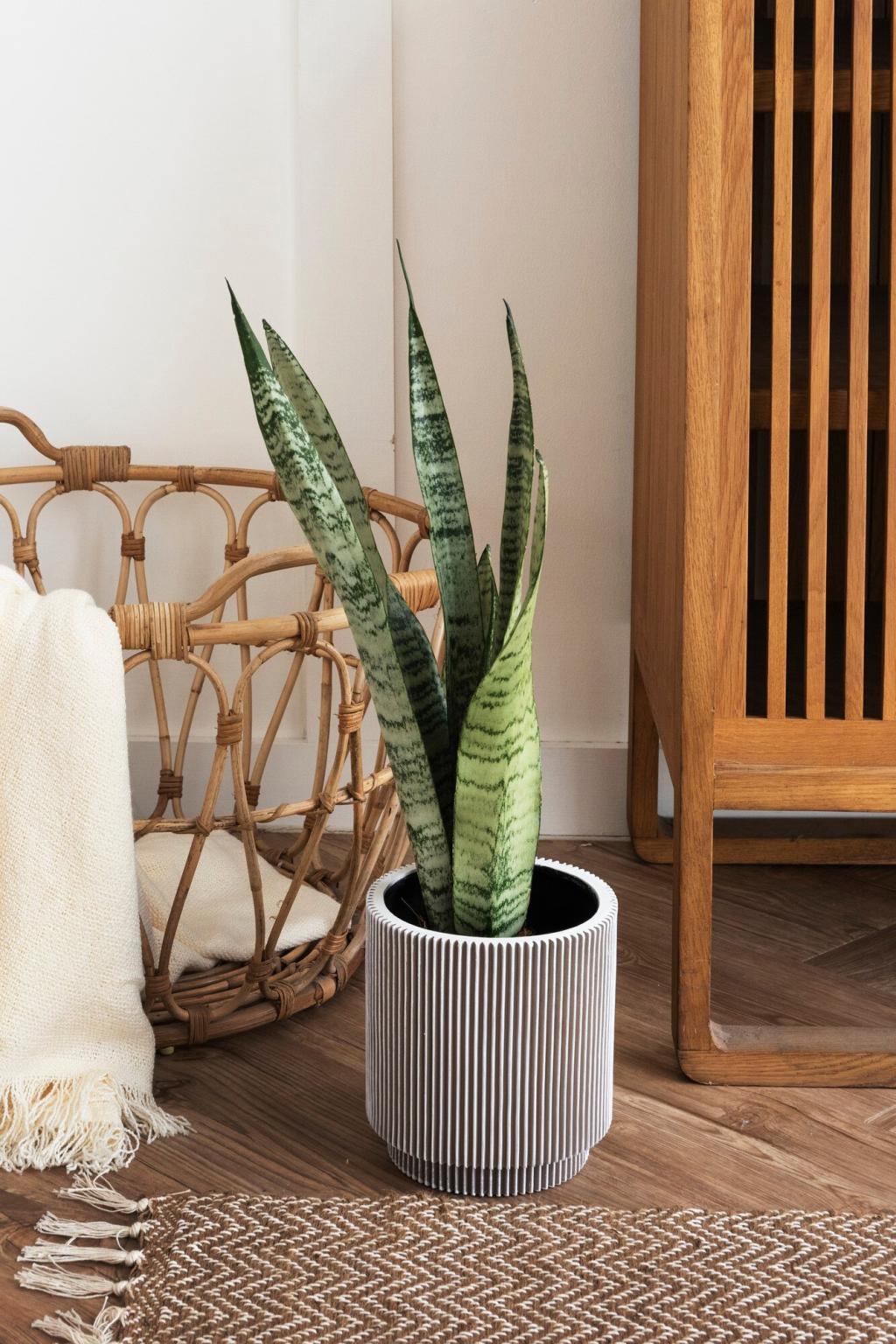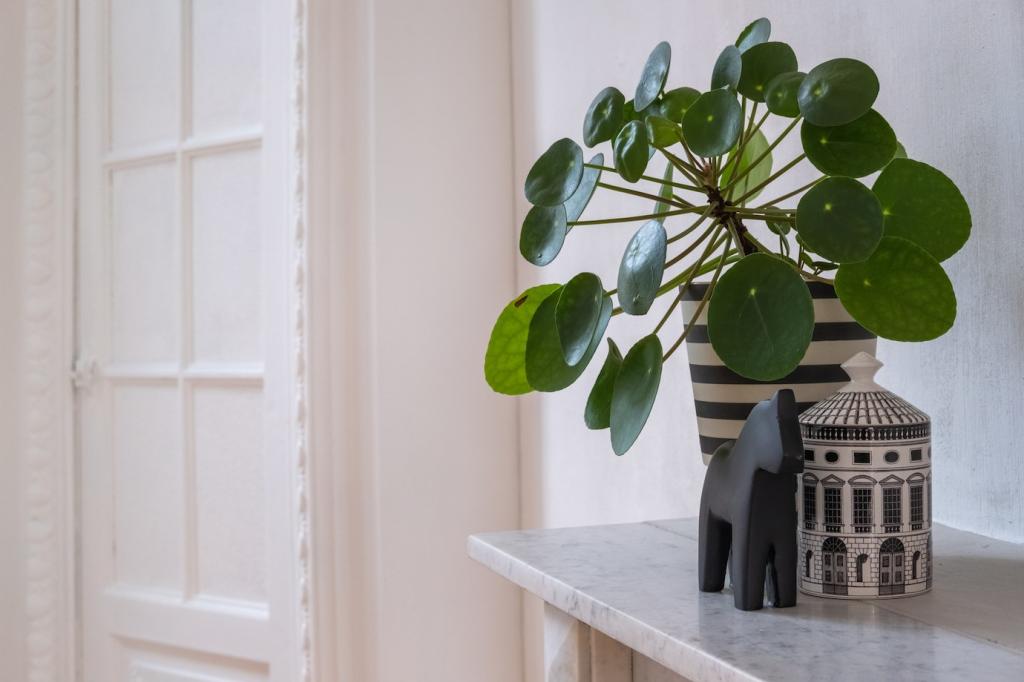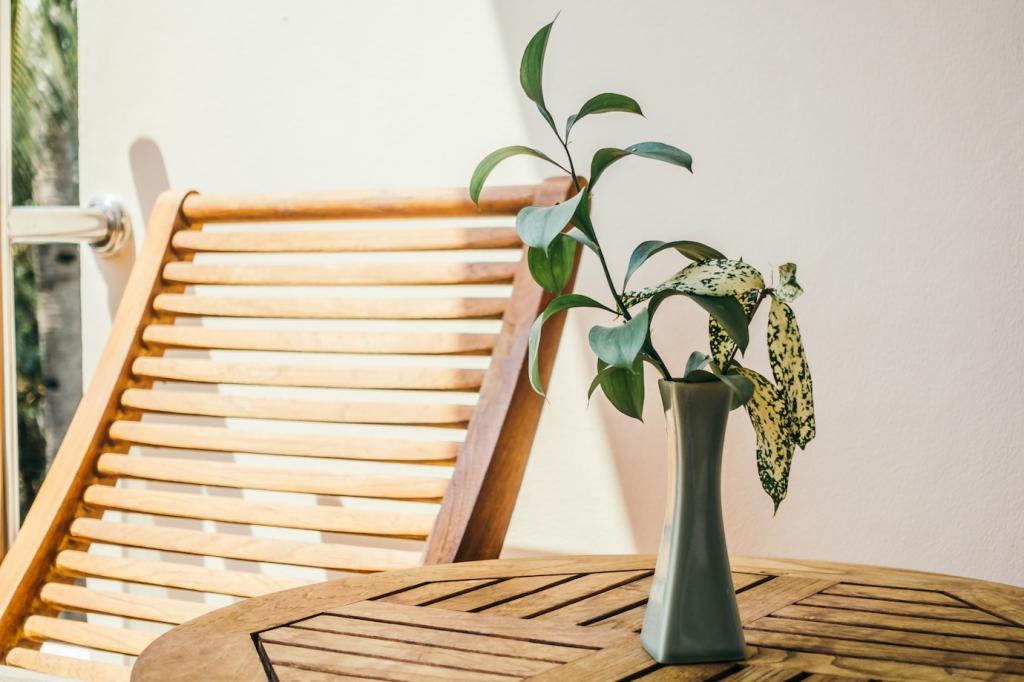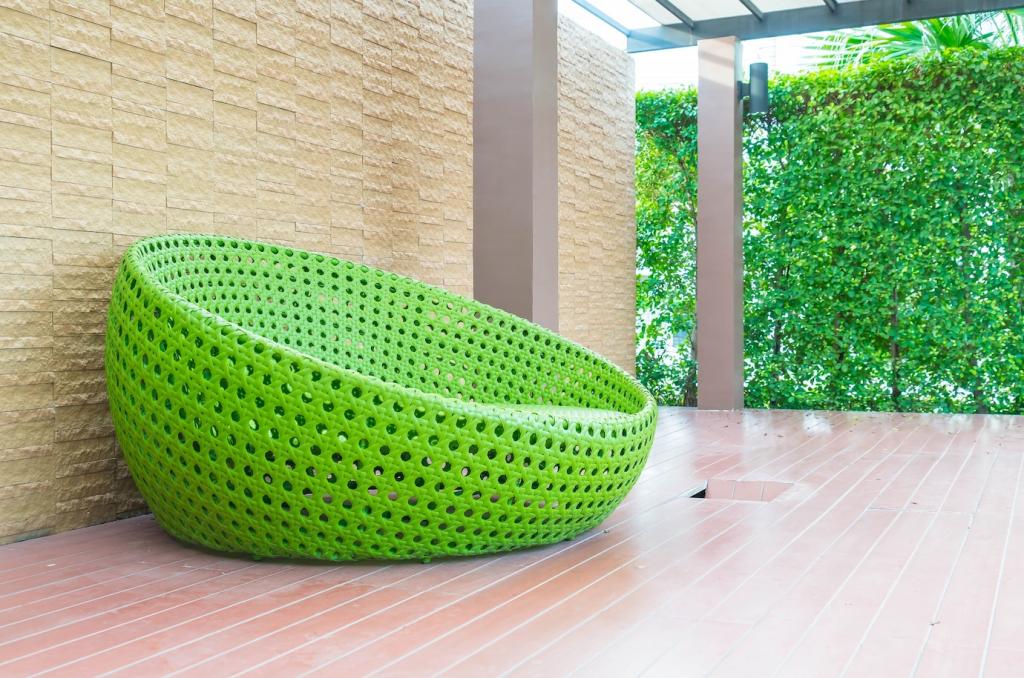Eco-Friendly Material Choices for Interior Design
Sustainable interior design is more than just a trend; it’s a commitment to a healthier planet and lifestyle. Choosing eco-friendly materials ensures that our homes are not only beautiful but also responsible toward the environment. This approach takes into account the entire life cycle of furnishings and surfaces, from resource extraction to end-of-life disposal. As more people become conscious of their environmental impact, exploring green alternatives is now integral to modern interior spaces. Let’s delve into some of the top environmentally friendly material options for transforming your interiors with style and sustainability in mind.

Natural and Renewable Resources
Bamboo is celebrated as one of the most renewable materials used in interior design. It matures in just a few years, unlike hardwood trees that take decades to grow, making it a fast-regenerating alternative for flooring, furniture, and accents. Bamboo is also strong, durable, and offers a distinct visual appeal with its unique grain. Because it absorbs large amounts of carbon dioxide as it grows, incorporating bamboo into interiors helps reduce your carbon footprint while introducing contemporary, sleek aesthetics into any room.

Using reclaimed wood sourced from old buildings, barns, or industrial structures not only prevents waste but also preserves history. This material often has a rich patina and weathered texture that can’t be replicated with new timber. By choosing reclaimed wood for flooring, beams, furniture, or accent walls, you add warmth, authenticity, and a sustainable story to your interiors—demonstrating that high-quality design can be achieved in harmony with environmental values.
Recycled and Upcycled Materials
Non-Toxic and Low-VOC Finishes
Plant-Based Paints
Plant-based paints utilize natural ingredients like linseed oil, casein, and clay instead of synthetic chemicals, reducing the emission of harmful pollutants. These paints produce minimal odor, are biodegradable, and offer impressive color depth and durability. By choosing plant-based options, you support cleaner air and sustainable manufacturing processes, ultimately contributing to a healthier home and planet.
Water-Based Sealants
Traditional sealants and varnishes often rely on petroleum-derived solvents that release high levels of VOCs during application and curing. Water-based alternatives serve as a safer choice, offering robust protection for wood and other surfaces while minimizing indoor air pollution. They dry quickly, have little odor, and reduce the environmental impact of interior renovations. Their use ensures beautiful, eco-friendly finishes for floors, furniture, and cabinetry.
Low-VOC Adhesives
Adhesives play a crucial role in interior construction and furnishing, from securing flooring to installing wall panels. Opting for low-VOC or solvent-free adhesives helps maintain healthy indoor air, lowering the risk of allergies and respiratory issues for inhabitants. These adhesives are engineered to perform effectively without the negative environmental effects of conventional glues, making them indispensable for responsible, sustainable interiors.

Previous slide
Next slide
Biodegradable and Compostable Options
Wool is a naturally renewable and biodegradable fiber, often used in eco-friendly carpeting, upholstery, and throws. When discarded, wool decomposes and enriches the soil rather than polluting the environment. Its inherent durability, resistance to dust mites, and temperature-regulating properties make wool an attractive, health-conscious choice for sustainable home furnishings and accessories.
Energy-Efficient Materials

Insulation from Recycled Materials
Insulation sourced from recycled denim, cellulose, or sheep’s wool delivers exceptional performance without drawing on new resources. These materials trap heat effectively, cut energy bills, and contribute to quieter, cozier interiors. Their use helps limit landfill waste, offering a circular solution that marries comfort with conservation and resourcefulness.

Low-E Glass
Low-emissivity (Low-E) glass is treated with an invisible coating that reflects infrared energy, keeping interiors warm in winter and cool in summer. By allowing natural light in without transferring excess heat or cold, these windows dramatically improve energy efficiency. Incorporating Low-E glass reduces the need for mechanical heating and cooling, making it a pivotal feature for eco-conscious design.

Reflective Roofing and Wall Materials
Choosing roofing and wall finishes with high reflectance properties helps prevent heat buildup in the home, reducing energy needed for air conditioning. These materials can be made from recycled content and are designed to last, reflecting sunlight rather than absorbing it. Using reflective elements in your interior design strategy supports sustainability goals while enhancing comfort and performance throughout the year.
Vegan Leathers
Vegan leathers are produced from alternatives like pineapple leaves, apple peels, or recycled plastics, offering the luxurious look and feel of traditional leather without animal cruelty. These materials require fewer resources and pollute less than conventional leather tanning processes. Their use signals a commitment to compassion, innovation, and environmental stewardship within interior spaces.
Fair-Trade Certified Fabrics
Fabrics certified as fair-trade guarantee that workers are paid fairly and labor under safe, ethical conditions. These certifications also promote environmentally conscious farming and manufacturing processes. By specifying fair-trade textiles for upholstery, drapery, or linens, designers support social sustainability and ensure that eco-friendly interiors are also equitable and just.
Cruelty-Free Wool Alternatives
Wool production can sometimes involve inhumane practices or ecologically damaging methods. Cruelty-free wool alternatives use plant fibers or recycled materials to mimic the texture and warmth of wool, ensuring that animal welfare is never compromised. These options provide luxurious comfort and sustainable peace of mind for clients wishing to avoid animal-derived products.
